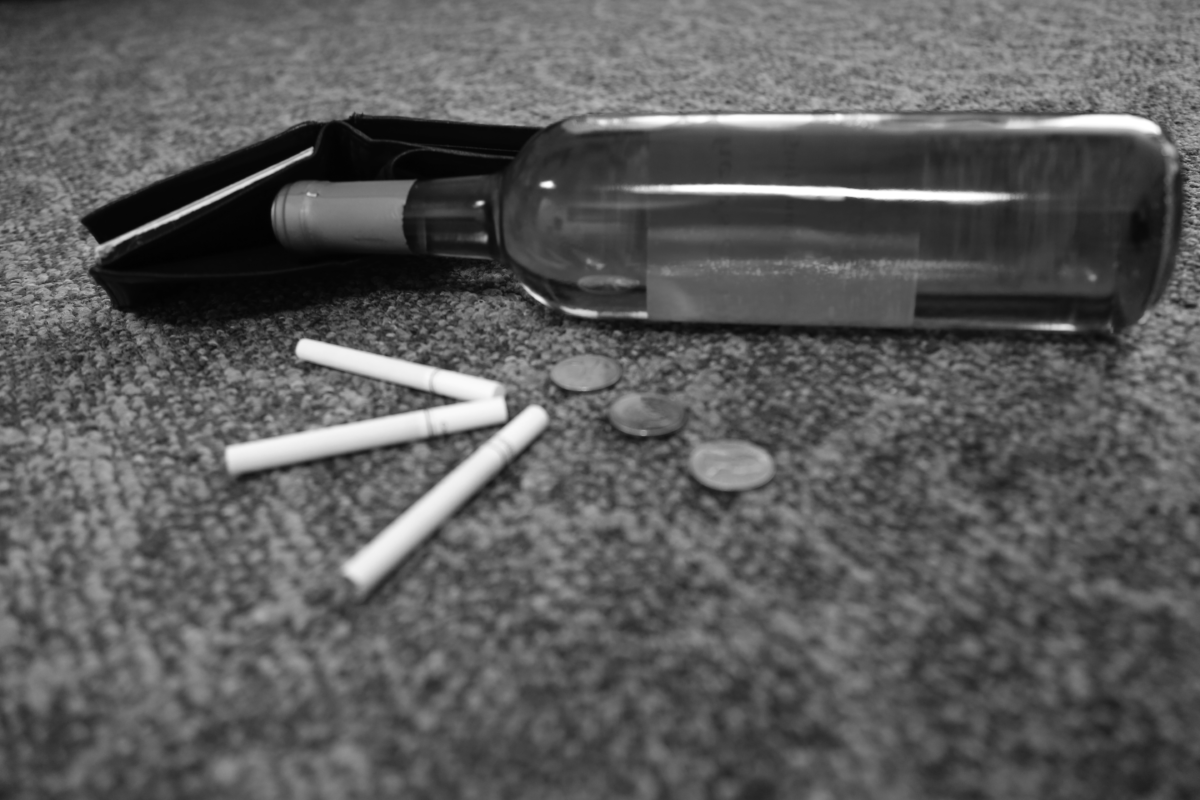
Picture me, a 21-year-old first year who can only afford tuna fish and ramen noodles for my diet the last month of school. It took me a month to readjust to actual food once I started eating my mother’s cooking again. In no way am I blaming the university for my bad decisions. Text books and alcohol were at the top of the list of priorities, while adulting just wasn’t. In many ways I still struggle to budget.
I see budgeting as the last obstacle between me and adulthood. Most analysts say a proper budget should be saving 30 per cent of earnings; while expenses should never exceed 70 per cent.
I take in about $700 a month so I should be saving $210 a month. My expenses: phone bill, credit card, alcohol, cover charges, taxis, pizza, and food should all be lower than $490 a month. Meaning prioritizing expenses is essential.
It’s not always easy to stave off the urge of that late order of pizza or using the last 20 bucks on Cold Shots, but the earlier you can control urges to spend the better. I’m not saying you need to set aside a “beer budget,” but these are my views and my vices. I guess I forgot to put in cigarettes and coffee. I might already be running in the red.
My best advice is asking your parents how to budget. They might give you better advice and might think your starting to grow up. As for me I’ll try and cut down on bar star days and abstain from doing the robot at any given time. Honestly the better you are at saving, the better off you’ll be in the future, when real life finical planning happens, like marriages and mortgages.
So start by separating needs from wants. Setting up a budget essential bills like cell phone bills, tuition, text books, credit cards, and food. Then looking at other needs like car payments, insurance and finding ways to cut those costs. Public transit, couponing and grocery store discounts are all good ways to try and filter out costs associated with needs.
Next comes setting aside some sort of savings. I suggest starting out small like $20 a week, but that’s money one can’t touch no matter what. Eventually setting aside untouchable money becomes habit and leaves a feeling of pride. Once that becomes habit, work at getting up to setting aside 30 per cent of earnings. My Nanny also says to have $500 set up for emergencies.
One has to treat their selves, but not at the cost of eating nothing but ramen noodles. This is something I struggle with all the time, but I found an easy way is just to be honest. Like coffee, cigarettes and drinks are things that are going to be part of my budget. The other things I can work around. We all start somewhere and who knows maybe adulting is just around the corner.
